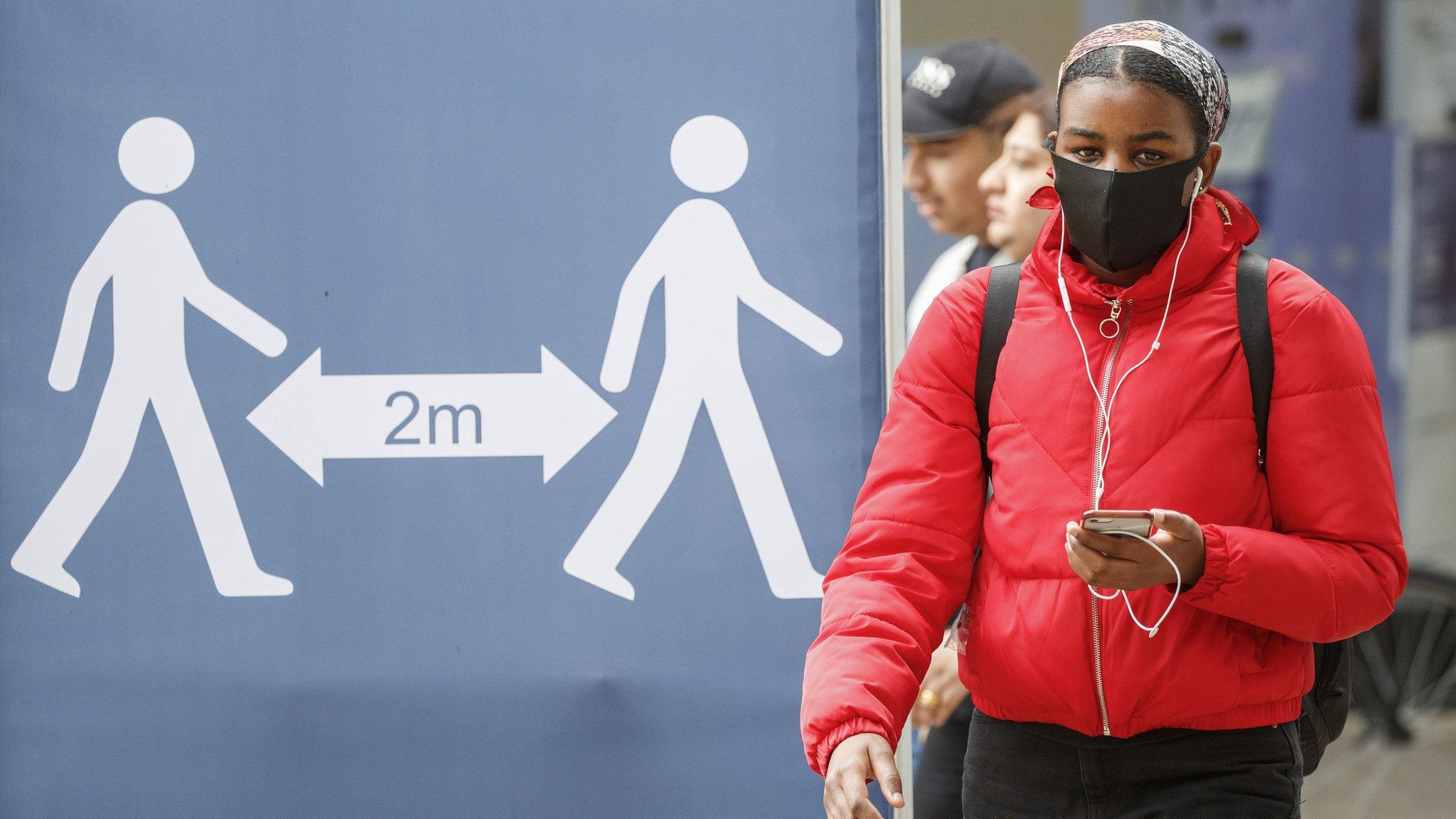Covid-19: Christmas lockdown fear for Dudley
- Published
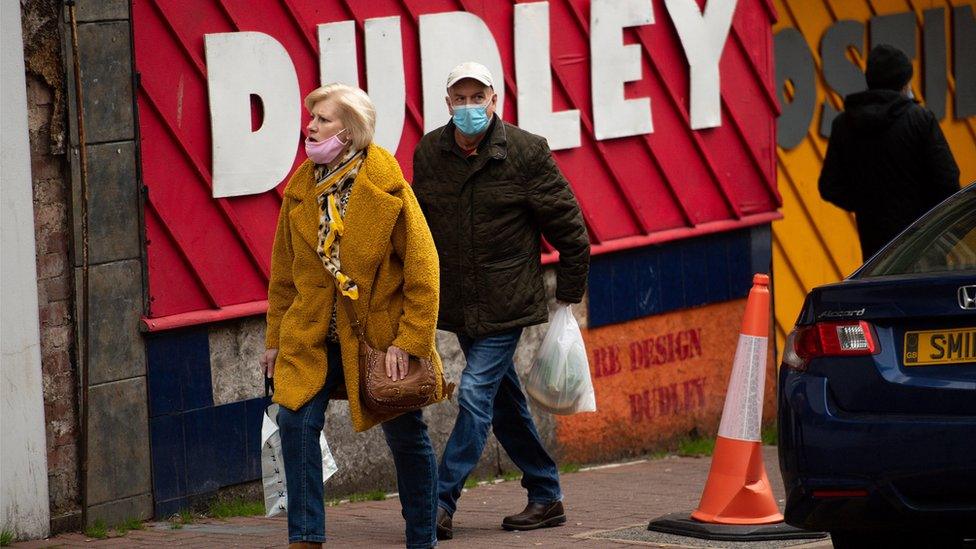
Dudley now has the fourth highest rate of infection in England
Lockdown restrictions in Dudley could be extended over Christmas if coronavirus cases continue to rise, community chiefs have warned.
The borough did not move up from the lowest tier of restrictions until days before England's second national lockdown, having kept infection rates lower than some of its neighbours.
But the number of positive cases has now hit 548 per 100,000 people - England's fourth highest rate.
The council said it was "concerning".
Nicolas Barlow, cabinet member for public health and wellbeing, said: "For such a long time we had the lowest rates in the Black Country and now we've got the highest.
"We don't want further lockdown measures but unless those rates go down, we will end up doing that."
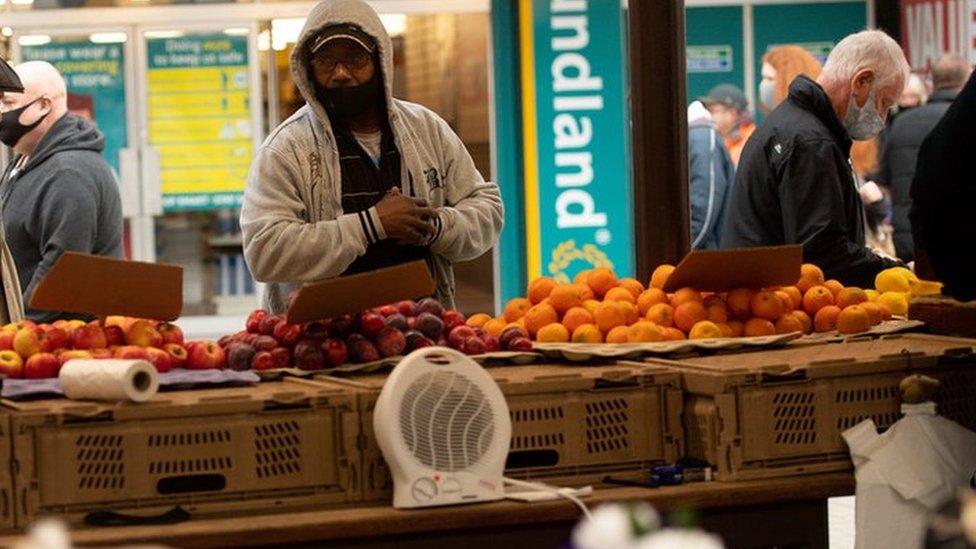
Dudley's infection rate earlier this year meant it did not step into tighter restrictions until days before the second England-wide lockdown
England's latest national lockdown, introduced on 5 November, is due to come to an end on 2 December.
But Conservative MP for Dudley South, Mike Wood, warns that does not mean Dudley will face an automatic easing of restrictions, including the ban on household mixing.
"Unless we get this virus down in the next two or three weeks, it is going to mean people having an impossibly difficult prospect of being apart over Christmas," he said.
Cases in the borough have doubled in the past three weeks, and in some wards, including Withymoor Village, Amblecote, and Lower Gornal, the rate of infection has spiked at more than 700 cases per 100,000 people.
In Sedgeley East, that figure is 955.
Mr Wood said the situation risked "spiralling out of control".
He said: "If the infection rates are still going up I think it's inevitable we won't have the relaxation of restrictions we're all so desperate to see."
Mr Barlow said it was difficult to identify what caused the spike, but pointed out the council had increased its testing capacity.

LOCKDOWN LOOK-UP: The rules in your area
SOCIAL DISTANCING: How have rules on meeting friends changed?
SUPPORT BUBBLES: What are they and who can be in yours?
FACE MASKS: When do I need to wear one?
TESTING: How do I get a virus test?


Follow BBC West Midlands on Facebook, external, on Twitter, external, and sign up for local news updates direct to your phone, external.
- Published17 November 2020
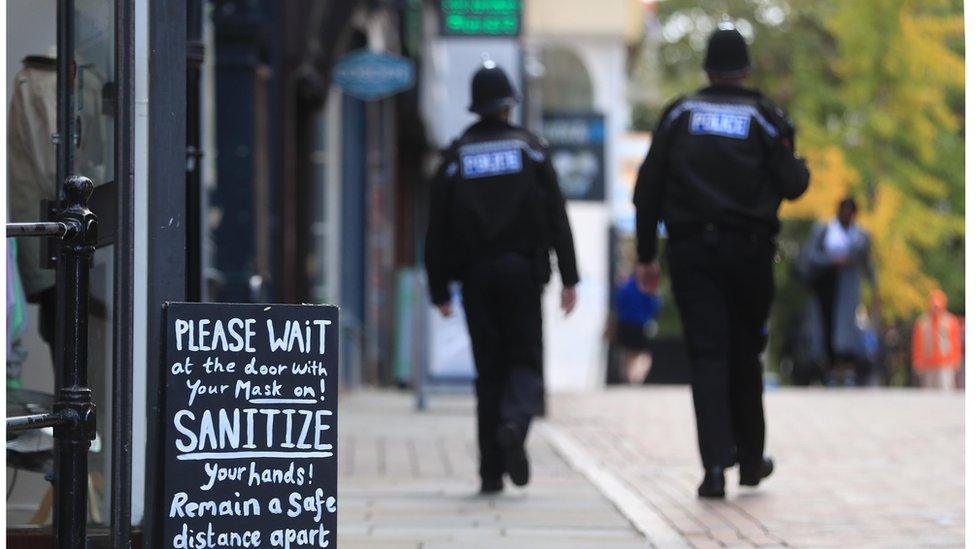
- Published16 November 2020
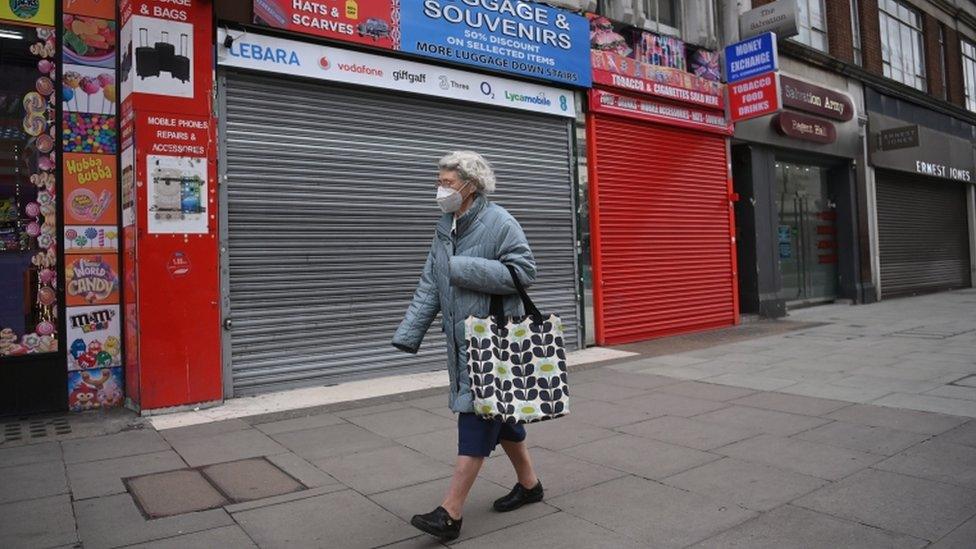
- Published5 July 2023

- Published15 November 2020

- Published31 October 2020
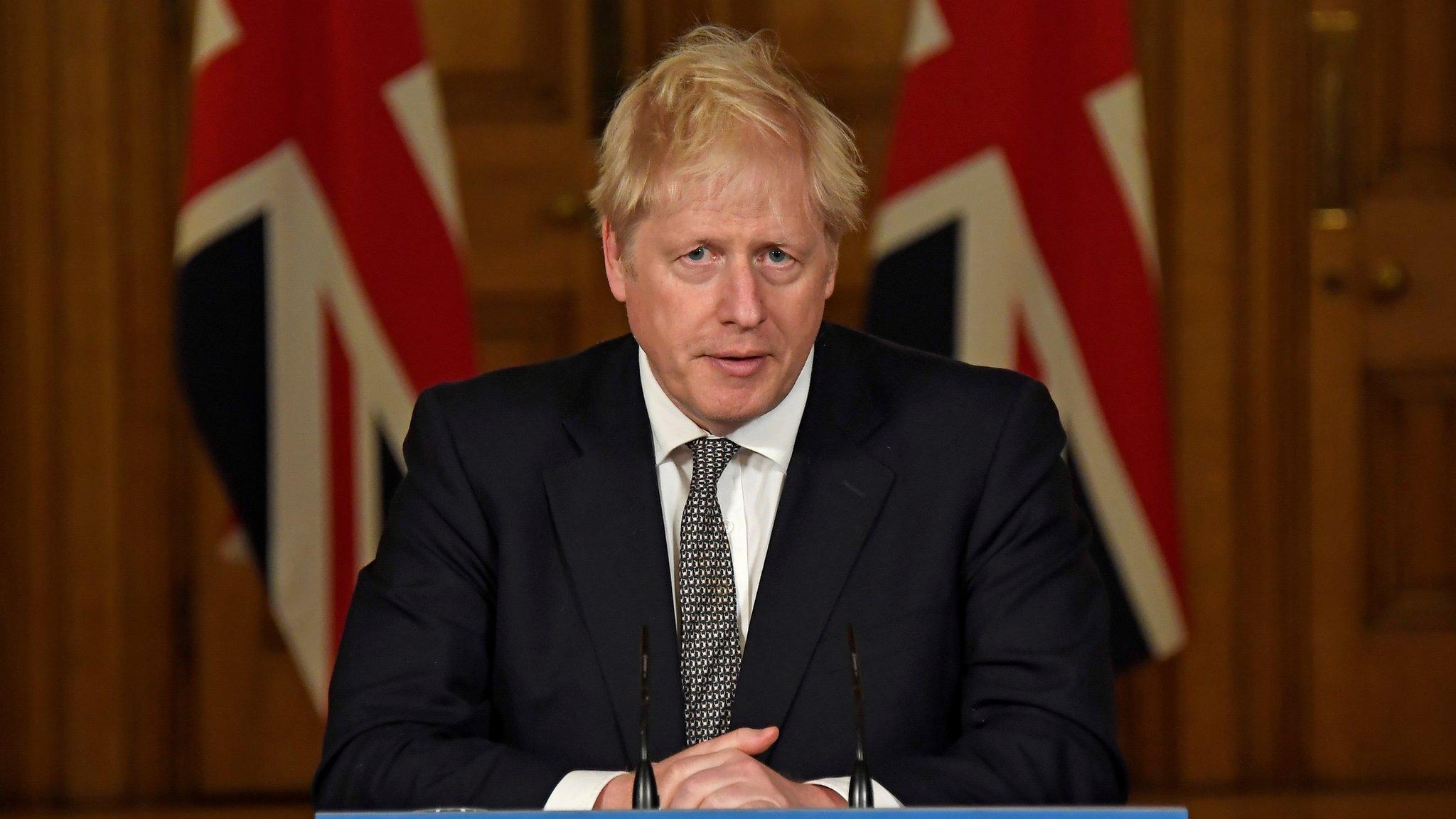
- Published31 October 2020
